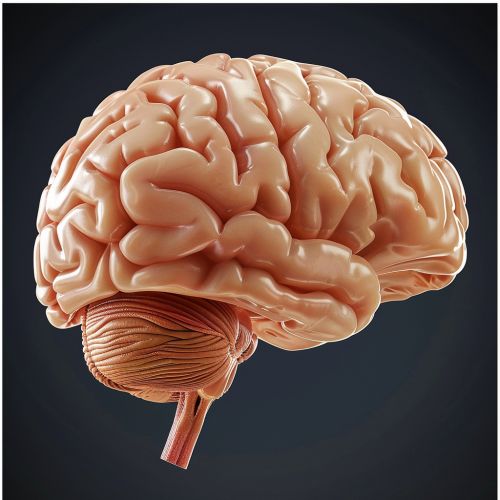Reconsolidation
Overview
Reconsolidation is a process that occurs within the brain, specifically concerning the reorganization and strengthening of previously consolidated memories. This process is believed to play a crucial role in memory persistence, the updating of memories, and their integration into existing neural networks. It is a topic of ongoing research within the field of neuroscience and psychology, and has potential implications for the treatment of conditions such as post-traumatic stress disorder (PTSD) and phobias.


Memory Consolidation
Before delving into the specifics of reconsolidation, it is important to understand the process of memory consolidation. This is the process by which short-term memories are converted into long-term memories, a process that involves the strengthening of the neural connections that form these memories. Memory consolidation is thought to occur primarily during sleep, with the brain replaying the day's events to reinforce the neural pathways involved in those memories.
Reconsolidation Theory
The theory of reconsolidation was first proposed in the early 2000s, following a series of experiments on rats. Researchers found that when a previously consolidated memory was recalled, it appeared to enter a state of instability, during which it was vulnerable to modification or disruption. This led to the hypothesis that the process of memory recall involves a reconsolidation phase, during which the memory is re-stabilized and potentially modified.
Mechanisms of Reconsolidation
The exact mechanisms of reconsolidation are still a topic of ongoing research, but it is believed to involve a number of steps. First, a consolidated memory must be recalled, which is thought to destabilize the memory. This is followed by a re-stabilization phase, during which the memory is reconsolidated. This reconsolidation process is believed to involve the same neural pathways as the original consolidation process, and is thought to be dependent on protein synthesis within the brain.
Clinical Implications
The process of reconsolidation has potential clinical implications, particularly in the treatment of conditions such as PTSD and phobias. By destabilizing a traumatic memory, it may be possible to modify or disrupt the memory during the reconsolidation phase, potentially reducing the emotional impact of the memory. This has led to the development of reconsolidation-based therapies, which aim to modify traumatic memories in order to reduce their impact.
Criticisms and Controversies
Despite the potential implications of reconsolidation theory, it has not been without its critics. Some researchers have questioned the validity of the reconsolidation hypothesis, arguing that the evidence for reconsolidation is inconsistent and that the process may not occur in all types of memory. Others have raised ethical concerns about the potential misuse of reconsolidation-based therapies, particularly in relation to the possibility of memory manipulation.
Future Directions
Research into reconsolidation is ongoing, with many questions still to be answered. Future research will likely focus on further elucidating the mechanisms of reconsolidation, as well as exploring its potential therapeutic applications. Despite the controversies surrounding reconsolidation, it remains a promising area of research within the field of neuroscience.
